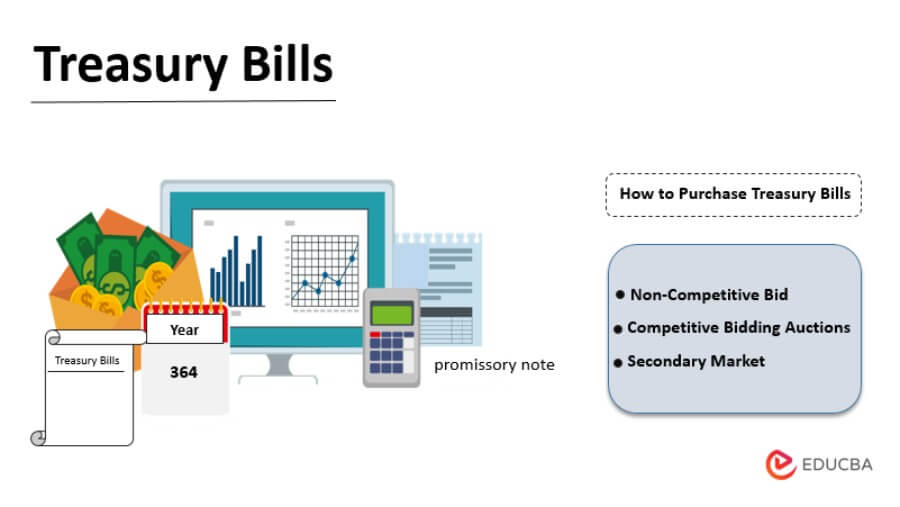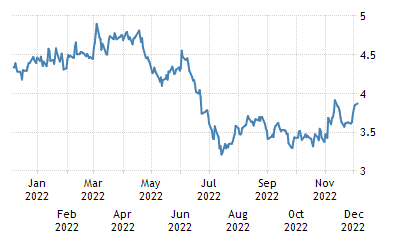
The strategy of shorting currency involves placing a wager that the value of a currency will decline. However, currency value can fluctuate indefinitely, so it is difficult to predict how much it will fall. A currency short sale can lead to a loss of money. These are the disadvantages and advantages of shorting currencies. Learn how to trade Forex broker. It is possible to make small profits and minimize your investment losses by shorting a currency.
Trading currencies
Trading currencies carries risk. You can reduce your risks by limiting your position. The best rule of thumb is not to risk more that 2% of your capital on any single trade. Otherwise, you could lose a lot of money. To minimize your losses in trading, you might also want to consider a stop loss strategy. You can maximize your profits while minimising your risk by following these guidelines. Here are some tips to reduce your losses when shorting currency pairs:

Taking a short position
Forex traders need to be aware of all the risks involved in shorting EUR/USD. There is always the possibility that the currency will rise. You can also lose a lot of money if your trades are leveraged. To minimize your risk and safeguard your capital, you should limit your leverage and limit your exposure to the market. It is essential to conduct extensive research on your forex pair in order to identify the best trading opportunities. Take into account the current market conditions both in real time and fundamental analysis.
Rollover interest charges
When shorting currency, you should be aware of interest rollover charges. Although they do not constitute leverage, interest rollover charges can still be costly. Interest rollovers take into account the difference between the interest rates of the currencies in the pair. The difference between the interest rates of the base currency and those on the quote currency will determine the interest rate you pay for your currency position. The amount of interest you pay will depend on the number of days you have to hold the position, so be sure to keep this in mind.
Forex broker for trading
A Forex broker is a Forex broker's primary trading partner when you are shorting currency. A forex broker is your primary trading companion and should fit your needs. A demo account should be opened with a broker in order to avoid costly mistakes. It is possible to get a feel for forex trading without risking any real money. Protect yourself by diversifying your portfolio by using foreign currencies pairings.
Using a stop-loss order
The concept of a stop-loss order is similar to a limit order in that you set a specific price at which you want to sell your currency. Although this might seem counterintuitive, it will ensure you do not lose any money by setting your order at an amount lower than the current market price. You can also use a stop-loss order to help you budget. You can also use it as a protection against sudden price fluctuations.

Trading with leverage
Leverage, when trading forex, refers to the ability of a small amount to control a large market. Leverage allows traders to make more profit from a small investment. However, it can also increase the risks involved, and can result in larger losses than profits. This article will cover the pros & cons of trading currencies with leverage. This article will also explain how to manage your risks when using this type leverage.
FAQ
Can you trade on the stock-market?
Everyone. There are many differences in the world. Some people have more knowledge and skills than others. They should be rewarded.
Trading stocks is not easy. There are many other factors that influence whether you succeed or fail. If you don’t know the basics of financial reporting, you will not be able to make decisions based on them.
These reports are not for you unless you know how to interpret them. It is important to understand the meaning of each number. It is important to be able correctly interpret numbers.
You will be able spot trends and patterns within the data. This will help you decide when to buy and sell shares.
If you're lucky enough you might be able make a living doing this.
What is the working of the stock market?
Shares of stock are a way to acquire ownership rights. A shareholder has certain rights. A shareholder can vote on major decisions and policies. He/she can demand compensation for damages caused by the company. And he/she can sue the company for breach of contract.
A company cannot issue shares that are greater than its total assets minus its liabilities. It is known as capital adequacy.
A company that has a high capital ratio is considered safe. Companies with low capital adequacy ratios are considered risky investments.
How are shares prices determined?
Investors are seeking a return of their investment and set the share prices. They want to make a profit from the company. They purchase shares at a specific price. The investor will make more profit if shares go up. If the share price falls, then the investor loses money.
The main aim of an investor is to make as much money as possible. This is why investors invest in businesses. They can make lots of money.
What is security on the stock market?
Security can be described as an asset that generates income. The most common type of security is shares in companies.
A company could issue bonds, preferred stocks or common stocks.
The earnings per share (EPS), as well as the dividends that the company pays, determine the share's value.
You own a part of the company when you purchase a share. This gives you a claim on future profits. If the company pays a dividend, you receive money from the company.
Your shares can be sold at any time.
What are the benefits to owning stocks
Stocks have a higher volatility than bonds. If a company goes under, its shares' value will drop dramatically.
However, if a company grows, then the share price will rise.
For capital raising, companies will often issue new shares. This allows investors to buy more shares in the company.
Companies can borrow money through debt finance. This allows them to borrow money cheaply, which allows them more growth.
If a company makes a great product, people will buy it. The stock's price will rise as more people demand it.
Stock prices should rise as long as the company produces products people want.
Why is a stock called security.
Security is an investment instrument whose worth depends on another company. It may be issued either by a corporation (e.g. stocks), government (e.g. bond), or any other entity (e.g. preferred stock). If the asset's value falls, the issuer will pay shareholders dividends, repay creditors' debts, or return capital.
Statistics
- Individuals with very limited financial experience are either terrified by horror stories of average investors losing 50% of their portfolio value or are beguiled by "hot tips" that bear the promise of huge rewards but seldom pay off. (investopedia.com)
- Our focus on Main Street investors reflects the fact that American households own $38 trillion worth of equities, more than 59 percent of the U.S. equity market either directly or indirectly through mutual funds, retirement accounts, and other investments. (sec.gov)
- "If all of your money's in one stock, you could potentially lose 50% of it overnight," Moore says. (nerdwallet.com)
- For instance, an individual or entity that owns 100,000 shares of a company with one million outstanding shares would have a 10% ownership stake. (investopedia.com)
External Links
How To
How can I invest in bonds?
You need to buy an investment fund called a bond. While the interest rates are not high, they return your money at regular intervals. This way, you make money from them over time.
There are many different ways to invest your bonds.
-
Directly buy individual bonds
-
Buy shares from a bond-fund fund
-
Investing through a bank or broker.
-
Investing through an institution of finance
-
Investing through a pension plan.
-
Directly invest through a stockbroker
-
Investing via a mutual fund
-
Investing through a unit-trust
-
Investing in a policy of life insurance
-
Investing via a private equity fund
-
Investing in an index-linked investment fund
-
Investing through a hedge fund.